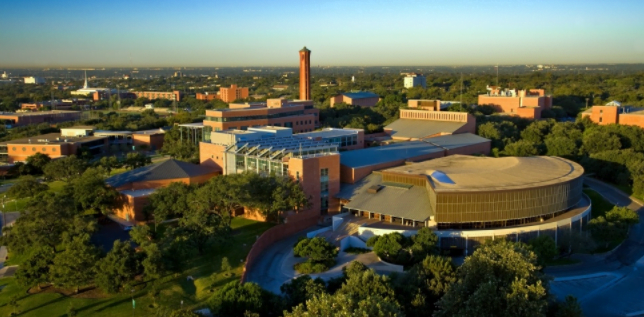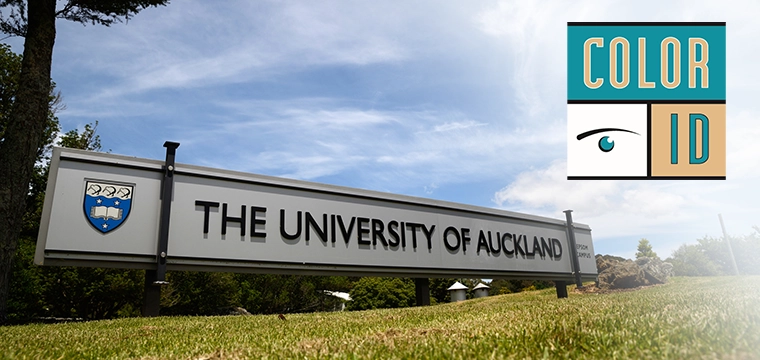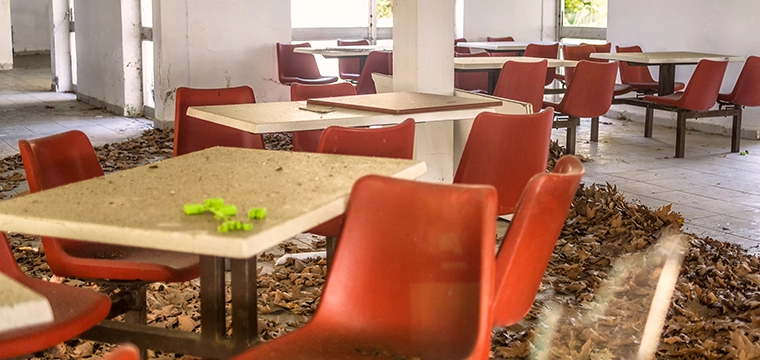
A system malfunction at Trinity University rendered the university's Tiger Cards unable to access campus buildings and dorm rooms. Thanks to the quick response of the campus police department and Trinity's Tiger Card Office staff, the university was able to set up stations to reprogram the student cards by the following morning.
According to a Trinitonian report, the problem in the Tiger Card system was the result of a minor technical oversight. Access to dorm rooms is controlled offline, unlike all other Tiger Card functions which are controlled online, meaning the dorm room locks were programmed years ago. As a result, every student at Trinity University lost access to the locks of their dorm rooms when the preset expiration date arrived.
Fortunately, the malfunction occurred in the middle of the night on August 31 at a time when most students were already in their dorms and asleep. Only a few students were left trapped outside their rooms and needed to contact Trinity University Police.
The university PD's first call was to the Tiger Card Office in an attempt to resolve the problem. Card office staff reported to campus by the early morning of September 1.
“With the dorm room locks, they’re offline; we can’t touch them unless we go physically with a laptop and plug in the card itself,” said Trey Dunn, Technical Support System Analyst for the Tiger Card Office, in a Trinitonian interview. “The error had to do with the fact that the program was running on an expiration date that had been set a long time ago that was never updated in the background.”
“It was a sort of a situation that we always worried about, the worst-case scenario, the students systematically losing access like that, so we’ve got a lot of plans in place to attack it very quickly and try to get everybody back on the same page,” added Dunn.
Card office staff set up stations around campus, two in the Tiger Card Office and two in a campus dining hall where students gave their cards to workers to re-encode them. The impromptu card encoding replaced existing information that had expired with new, valid dates.
“It was a scary moment at first but the team came together and unselfishly said, ‘we’ll do what it takes, we’ll stay as long as we need to, as many days as we need to,’” said Bruce Bravo, senior director of Conferences and Auxiliary Services, who has been acting as the interim director of the Tiger Card Office. “Trey and his team started working at 6:00 a.m. and ended at 8:00 p.m., and then they were back the next morning at 7:30.”
The card encoding stations were highly effective, with students only waiting a few minutes to have their credentials encoded.
“Our rough estimate is about 80% of students had regained access to the dorm rooms by after lunch, so it was a little more than 12 hours after the issue had begun,” said Dunn. “After that, the issues declined dramatically. It looked like we had solved most of the problem by 2:00 on Wednesday.”
Now that the Tiger Card Office has weathered the worst of storms, work is already ongoing to ensure a similar problem doesn't happen again.
“It’s the first time this has ever happened and it will be the last,” said Dunn. “Our worst nightmare is 1,600 students losing access to their dorms all at once, and it happened, but I think we were able to fix it without having a lot of issues.”




